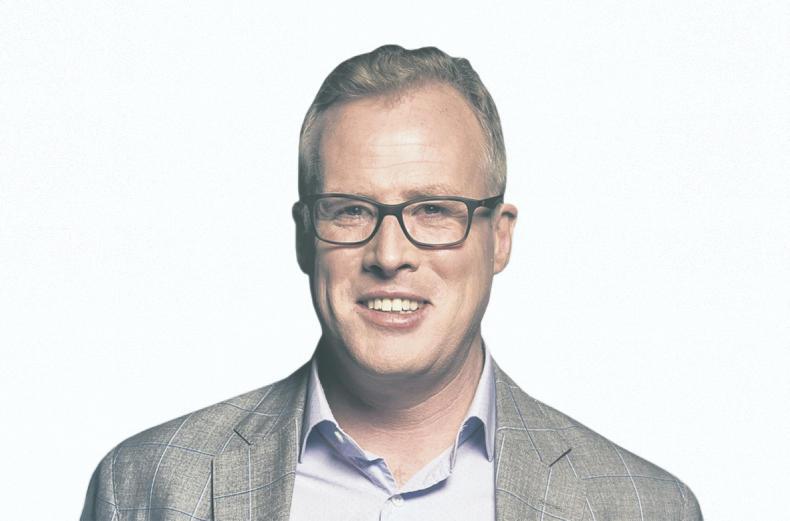The date of 5 November marked the first international day against bullying and violence in school. According to UNESCO, almost one in three students has been bullied at school at least once in the last month. A similar proportion was affected by physical violence. They are astonishing statistics.
If it wasn’t for a bully, I often wonder where I’d be in life. He wasn’t so much a bully but an older boy a year ahead of me in primary school who gave me a hiding at Gaelic football training one afternoon. He tackled me. I reacted and he absolutely battered me. That happens on the pitch, but the following day in school he sought me out to taunt me and continued to be intimidating, without being physically violent, for about a year afterwards. It continued to the point that my heart would sink at the mere sight of him. It affected me so much, that I changed my choice of secondary school to avoid him as he had moved on to that same school.
Naturally, as a parent you worry your children will come home one day in tears as a result of bullying or – just as bad – you get a call that your child is a bully
Even though many of my close friends went there, I went elsewhere to avoid him and I never saw him again.
Looking back, it was a blessing in disguise as I’ve nothing but relatively fond memories of my years in O’Connell’s CBS where I ended up instead. Naturally, as a parent you worry your children will come home one day in tears as a result of bullying or – just as bad – you get a call that your child is a bully. This should be parent-led. We have an immense onus to talk to our children about all facets of bullying more so now than ever before.
Over the years, there have been entire Liveline programmes devoted to the subject prompted by one call. Tearful parents would relay tales of horrific bullying in the schoolyard and of course more frequently online. In the presenter’s chair, I found it difficult to cope with the profound sense of helplessness parents displayed when describing the experiences of their, in many cases, very young children.
Dealing with bullying varies from school to school, from school principal to school principal
And it’s difficult to see how the more severe cases do not have a lifelong impact. Dealing with bullying varies from school to school, from school principal to school principal. It should be the absolute priority by every single school to adapt a zero tolerance policy towards bullying. No ifs, no buts.
I stay away from Twitter. I’ve access to the programme account when we are on air or when researching. I don’t have a personal account but I’ve heard enough stories of how that particular medium continues to operate as a lonely platform for bullying, sneering and trolling, not so much by children but more by grown ups.
The licence to be cruel knows no bounds
For those that live their life on Twitter, tweeting all day and looking for targets to troll and pontificate about, you have got to ask: how much of the negativity online can be traced back to an early life experience of bullying either as the perpetrator or recipient?
The licence to be cruel knows no bounds. A new survey by the medical protection society in Ireland, reveals that one third of doctors have been subject to physical or verbal abuse from patients or from their relatives during the COVID-19 emergency.
And we haven’t even touched on the alarming increase in reports of domestic violence occurring during the various lockdowns. People are angry. People are fed up.
So now more than ever, we need more calling out of trolling, bullying and domestic abuse especially in these unprecedented times where we are all anxious and fragile, both children and adults.
Is there anything more Irish than Irish people being offended by actors trying to do an Irish accent?









SHARING OPTIONS